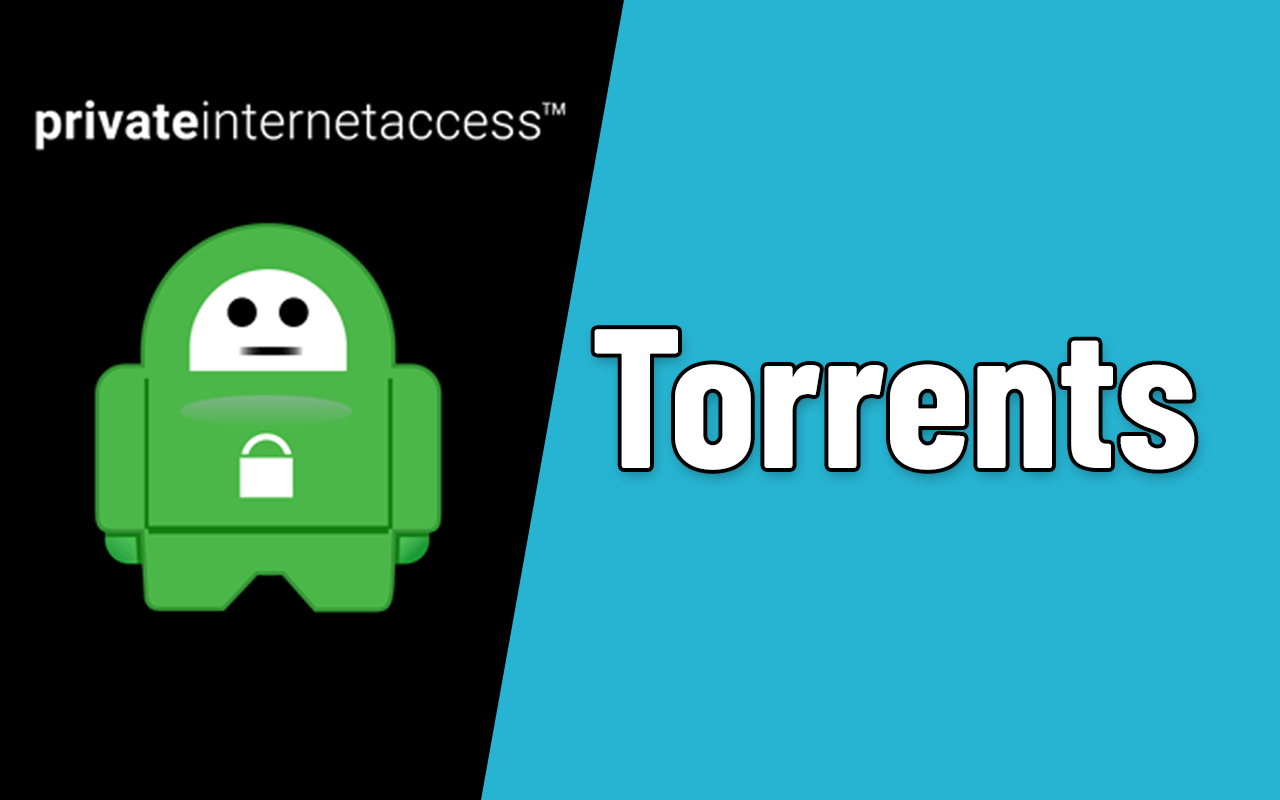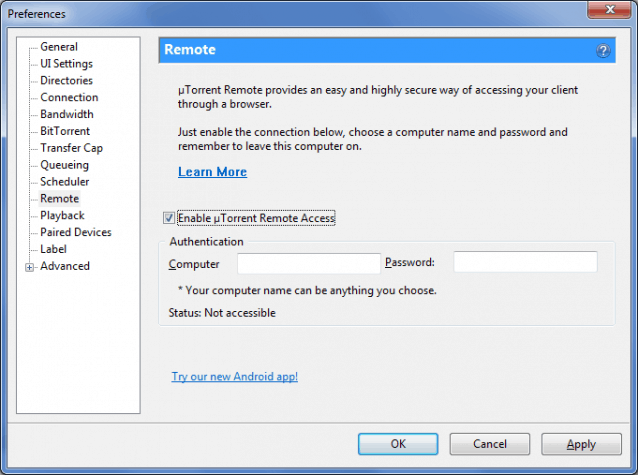

The browser verifies that it’s authentic, and the server then sends back a signed acknowledgment. When you request a URL, the server sends your browser a copy of its SSL certificate. In short, SSL creates a secure connection between the web server and the user’s browser. In your browser, you’ll notice this as a green padlock next to the URL bar: HTTPS proxies utilize something called the Secure Socket Layer. Understanding How HTTPS Encryption - SSL & HTTPS Proxies Work The result is extremely slow or non-existent torrenting. In addition, HTTP tries to re-write the headers of the data in transit. This blocking is especially prevalent in public HTTP proxies. Often, they will filter out this type of data or block it. HTTP is more intelligent than SOCKS5, but also less secure.ĭue to lack of UDP support and limited TCP support, HTTP proxies don’t fully support torrenting. Some applications support HTTP proxy, others SOCKS proxy, and many both. These proxies fetch and receive primarily in HTTP and are generally used for web browsers. This is the same method that transfers data to your computer when you type. HTTP proxies work similarly to SOCKS5, but utilize the HTTP protocol instead. This feature is also supported by SOCKS4a.Īs well as SOCKS, users can utilize the HTTP/HTTPS proxy method. This means the client can specify a URL rather than an IP address. SOCKS5 also supports IPv6 and Domain Name Resolution. This cuts out programs that need faster, more efficient transfers, like games. One example is the lack of support for UDP protocol-based applications. As you would expect from a lesser version, SOCKS4 has fewer features. Most modern proxies use either SOCKS4 or SOCKS5 to protect users, and there are some fundamental differences. The security of a SOCKS proxy also depends on the version it utilizes. Though proxies don’t provide protection from monitoring, they are a nice middle ground between HTTP and VPNs. A SOCKS proxy doesn’t need resources to encrypt traffic and has far less overhead, so it’s usually faster than a VPN. However, this lack of encryption does provide some benefits. In addition, SOCKS doesn’t run through every application, meaning regular browsing is not always safe.

This means users don’t have true privacy and aren’t safe from attacks on Public WiFi and government surveillance. However, unlike a VPN, SOCKS doesn’t provide encryption. This has the add-on effect of bypassing regional filtering.

Because the IP address is different, web hosts can’t determine the physical location. Connecting to a SOCKS proxy routes your traffic through a third-party server via TCP, assigning you a new IP address in the process. Like HTTP, SOCKS is an internet protocol, but it offers a further degree of anonymity. Configuring Firefox and Chrome to Use SOCKS5 Proxy.Configuring SOCKS5 Proxy for Torrenting (qBittorrent, uTorrent).SOCKS5 Proxy vs VPN for Torrenting and P2P.When to Use SOCKS5 Proxies, VPN or Both.Understanding how HTTPS Encryption - SSL & HTTPS Proxies work.In this article we'll be covering a wealth of topics relating to SOCKS Proxies, SSL, Configuration advise, Torrenting via SOCK, compare them with VPNs and much more so let's take a quick look at what we have in store before diving deeper: SOCKS proxies are often mistakenly considered an alternative or equivalent to VPNs causing major confusion amongst users and providing false sense of security. While many have heard about SOCKS Proxies not many truly understand their purpose, how they work and the security-privacy levels they can offer. Thankfully, there many ways for you to protect yourself, one of them being Socket Secure ( SOCKS) proxies. For true safety or anonymity, precautions must be taken. Increasingly, users are being subject to website blocks, attacks, and surveillance.
#PRIVATE INTERNET ACCESS UTORRENT CONNECTING TO PEERS FREE#
It’s no longer the open, free place it used to be. The internet is in a strange place right now.


 0 kommentar(er)
0 kommentar(er)
